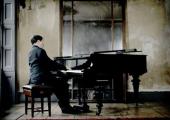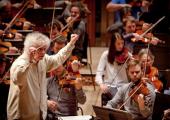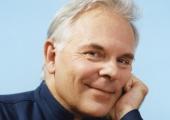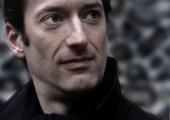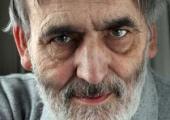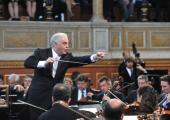Alexander Melnikov, Wigmore Hall
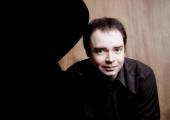
State-of-the-art pianism from a young Russian in Schubert and Shostakovich
How important is it to hear “the composer’s intentions” at a concert? Maybe only the interpreter’s intentions are possible. The young Russian pianist Alexander Melnikov challenges the golden rule of faithfulness to source with the resources of today’s piano - not the ropey old Soviet thing Shostakovich would have had, or the limited piano Schubert would have known, and last night at the Wigmore Hall delivered an ear-opener of a recital all about modern pianism at its most fascinating and provocative.

